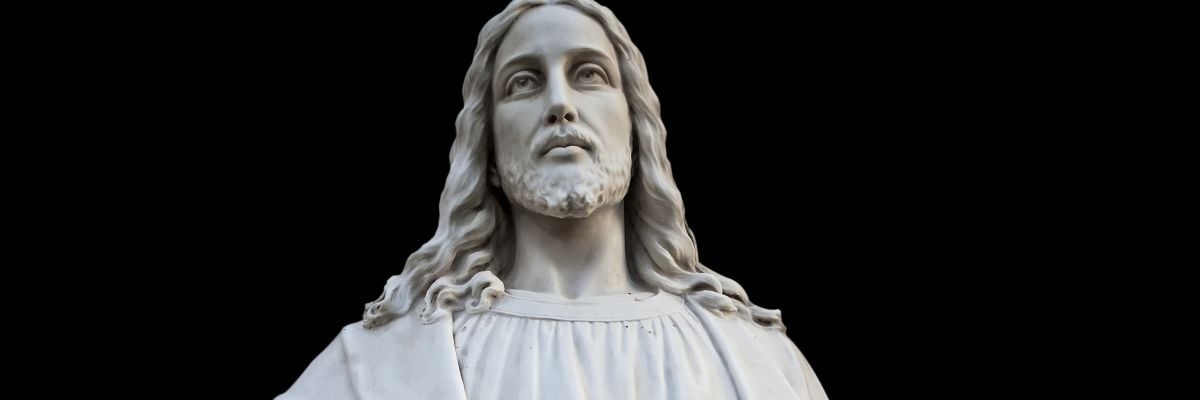
Question:
Answer:
Let’s take a look at the relevant passage in the Catechism:
The Word became flesh to make us “partakers of the divine nature”: “For this is why the Word became man, and the Son of God became the Son of man: so that man, by entering into communion with the Word and thus receiving divine sonship, might become a son of God.” “For the Son of God became man so that we might become God.” “The only-begotten Son of God, wanting to make us sharers in his divinity, assumed our nature, so that he, made man, might make men gods” (CCC 460).
The line in question, “For the Son of God became man so that we might become God,” is a quote from St. Athanasius in his work On the Incarnation.
The first thing we can say is that doesn’t make sense that the Catechism would use St. Athanasius’s quote to teach polytheism when it explicitly condemns polytheism in paragraph 2112.
Second, it is unlikely a saint of the stature of St. Athanasius would be ignorant of the metaphysical truth that God’s nature is absolutely unique and cannot be possessed by a finite creature. Consequently, there must be something more to it.
According to the original Greek of St. Athanasius, from which the Catechism quotes, the phrase, “that we might become God” is better translated as “that we might be deified.” The Greek word for “deified,” theopoiethomen, has the connotation of participation in rather than becoming God.
Despite the awkward translation into English, the motif of participation in the divine nature seems to be what the Catechism intends to teach with St. Athanasius’s quote. The first line in paragraph 460 quotes St. Peter teaching that Christians have become “partakers of the divine nature” (2 Pet. 1:4). Furthermore, right after St. Athanasius’s statement, the Catechism quotes St. Thomas Aquinas concerning God wanting to make us sharers in his divinity.
The idea of sharing in the divine nature means we share what philosophers and theologians identify as God’s communicable attributes (goodness, holiness, and love) as opposed to his incommunicable ones (omniscience, omnipotence, omnipresence, and absolute simplicity). This participation in the divine nature is commonly referred to as theosis or divinization.
Jesus is the only Son of God by nature (John 1:18, 3:16), and yet we can share in his sonship via participation (1 John 3:2), so too we can participate in God’s nature via grace although he alone is infinite.



